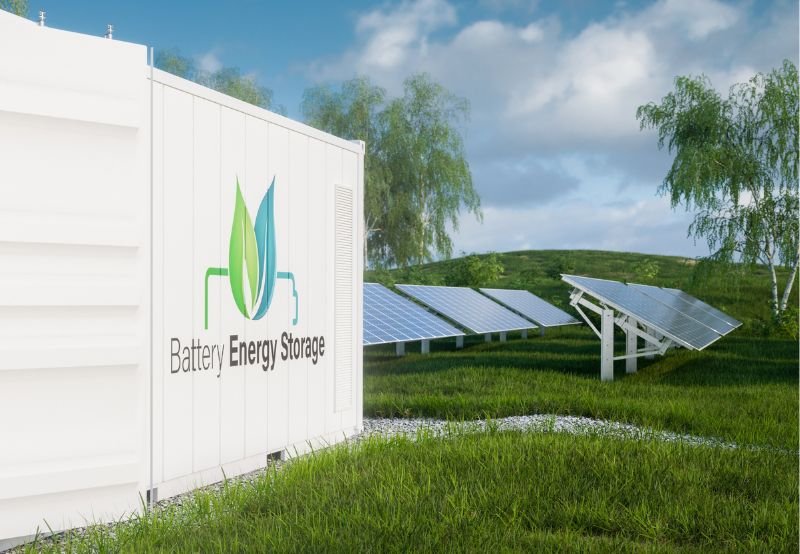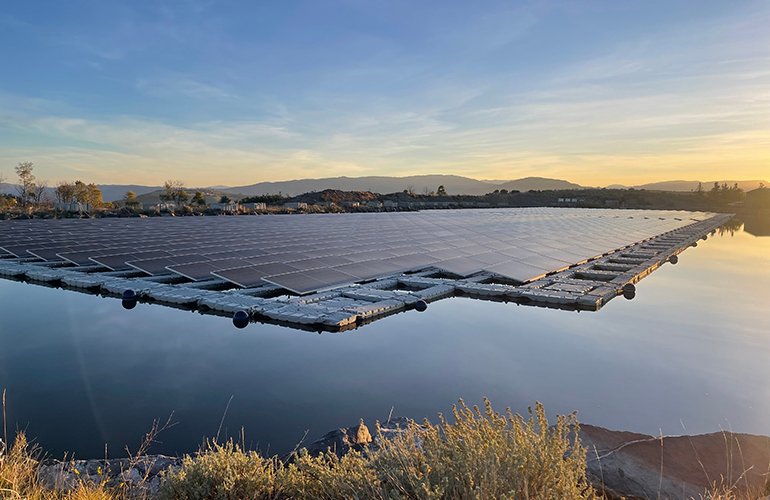PV Hardware Breakthrough: Solar Trackers Now Optimized for Challenging Terrains
Forget everything you knew about solar tracker limitations. PV Hardware’s latest innovation fundamentally changes the game for hillside solar farms with slope adjustment capabilities of up to 2° per post. This advancement dramatically reduces land grading requirements while maintaining optimal solar panel efficiency on uneven terrain.
Revolutionary Slope Tolerance in Solar Energy
Traditional solar tracking systems demand perfectly flat landscapes, often requiring costly earthmoving operations. PV Hardware’s adaptive design follows natural contours while keeping panels perfectly angled for maximum sun exposure—similar to how hybrid systems balance efficiency with flexibility.
Why 2° Adjustment Matters
Cumulative adjustments across hundreds of posts enable solar farms to climb slopes like never before. This engineering breakthrough unlocks previously unusable sites—from rocky outcrops to decommissioned landfills—expanding potential locations for renewable projects.
Structural Integrity Without Compromise
PV Hardware’s torque tube absorption system distributes mechanical stress across the entire structure. This innovation mirrors the resilience strategies seen in European-sourced residential batteries, where durability meets adaptability.
Financial and Environmental Benefits
- 15% reduction in site preparation costs
- Faster permitting processes
- Reduced environmental disturbance
- Faster ROI compared to conventional systems
Real-World Deployment Success
From Chilean deserts to Appalachian ridges, this technology transforms previously rejected sites into productive solar farms. The flexibility echoes the market adaptability seen in recent US solar policy changes.
The Future of Terrain-Adaptive Solar
As tracking technology evolves, PV Hardware’s solution proves that challenging landscapes shouldn’t limit renewable energy expansion. Their innovation parallels the transformative potential seen in solar-powered industrial cooling projects, where efficiency meets real-world demands.






